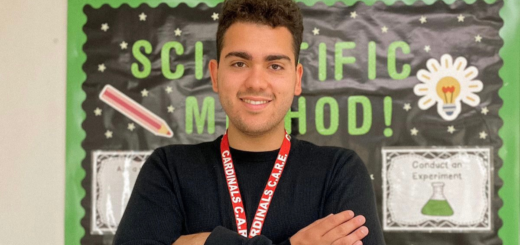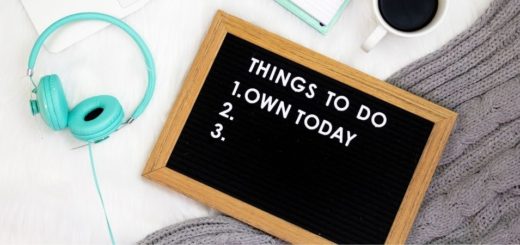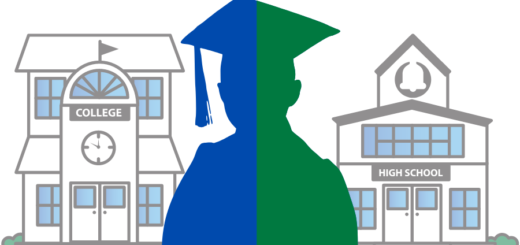Managing Back-to-School Anxiety
It’s no secret that the pandemic has been an anxiety-provoking situation for many of us, but according to the Center for Collegiate Mental Health, psychological distress among college students has increased significantly because of COVID-19. In 2020, 71% of college students reported that anxiety was their number one reason for seeking out mental health services. Those students also reported higher levels of mental health concerns in the areas of depression, social anxiety, eating concerns, hostility, alcohol use, and general distress.
While some students may be optimistic about returning to campus and re-engaging with their instructors and peers, others may experience overall feelings of uncertainty and anxiety. During this transition, you may be expected to initially feel anxious about returning to the “old normal,” but if you experience overwhelming feelings of fear and worry that disrupt your daily functioning, it’s important to seek support. EFSCares is our confidential student assistance program that includes one-on-one counseling in addition to other behavioral health options and referrals. To access EFSCares services, call 321-631-8569, identify yourself as an EFSC student, and the GEE Resolutions staff will connect you with a trained professional.
Another tool that may help you to manage initial back-to-school anxiety is to focus on what you can control. You can start by taking small steps like visiting campus before the semester begins, mapping out where your classes are and how long it will take to navigate between them, visiting the physical (or virtual) bookstore, and reviewing the Student Services Guide on the EFSC website. Having knowledge of this information upfront can really help to decrease the stress that comes from uncertainty.
Practicing wellness is also an important aspect of managing anxiety and finding balance in the face of challenges. According to mindful.org, mindfulness is “the basic human ability to be fully present, aware of where we are and what we’re doing, and not overly reactive or overwhelmed by what’s going on around us.” Yoga, meditation, deep breathing, and progressive muscle relaxation are common examples of activities that allow us to tune into our bodies and manage unpleasant emotions. By incorporating physical exercise, adequate sleep, and a healthy diet, you’ll also be better prepared to boost your mood!
During the pandemic, the use of social media and other technologies has provided a way for students to find stress relief, to connect with isolated friends and family members, and to obtain information about COVID-19. While these are all valid reasons for staying connected, research shows that there is a direct correlation between excessive social media use and increased stress. Endless scrolling can contribute to anxiety by way of information overload, disrupted sleep, memory loss, and poor academic performance. It may not be realistic to cut social media out of your life completely, but it’s important to maintain healthy boundaries and to set time limits for when you’re engaging (most smartphones even have the option for users to set screen time limits for social media apps).
If you’re a student facing mental health challenges, it’s important to understand that you’re not alone and that there are resources available to assist you. You can check out 211 Brevard (or dial 2-1-1 from your cell phone) and visit Psychology Today for additional programs and services that are tailored to meet your mental health needs.
Students experiencing a crisis that requires immediate attention can also contact the National Suicide Prevention Lifeline 24/7 at 1-800-273-8255.
If you’re a student with a documented mental health related disability and are interested in academic accommodations to “level the playing field,” please don’t hesitate to reach out to SAIL for more information.
Deep breaths, Titans. You’ve got this.
- Are There IEPs and 504 Plans in College? - November 17, 2021
- Managing Back-to-School Anxiety - August 11, 2021
- Study Skills for Students With Various Learning Abilities - June 16, 2021







